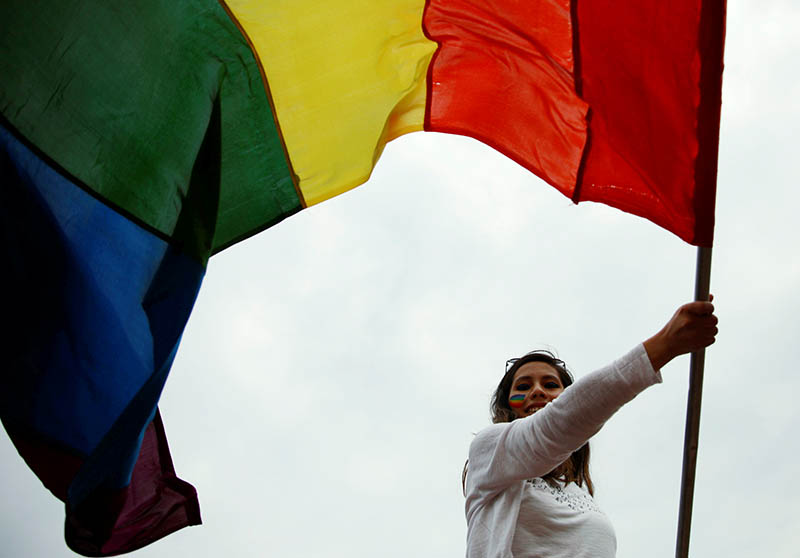Govt to collect separate data of LGBTI group
Kathmandu, January 29
The government has given the green signal to include the census of all sexual and gender minority groups, also popularly known as LGBTI, in the national census to be held in 2021.
Rights activists representing these groups have, however, expressed doubt over the possibility of identifying the exact number of LGBTI people in the country even through such census.
The Central Bureau of Statistics, after multiple rounds of consultation with the LGBTI community, is set to launch a pilot census project from March 22 to April 5 in 14 districts.
The bureau has decided to include, ‘Other Sex/ Gender’ category to record the number of people representing sexual and gender minorities in the pilot project.
Some rights activists doubt that people, mostly gay, lesbians, transgender men and transgender women who like to identify themselves as male or female will also be included in the ‘Other Sex/ Gender’ category in the census. It will also not reveal their true gender identities and sexual orientations.
Such rights activists have even demanded that a wider range of gender identities be included in the census form.
They also said enumerators should be given training on asking questions that help to extract more information from people.
Ruksana Kapali, an activist representing Queer Youth Group, said that term ‘Other’ used for such community will not justify their gender identities as they have multiple gender identities. She said that the government should include at least six gender minorities in the census; Intersex, transgender men/women, non-binaries, third gender, gay/lesbians, and bisexuals.
She, however, said that the enumerators should be highly trained in recording the data of the LGBTI people as the Nepali community was still not open to discussion of such issues.
Kapali said that such people would try to hide their true gender identities due to social stigma and in many cases these people themselves were not aware about their gender identities.
In a bid to find solution to the problem, multiple organisations representing the LGBTI community — Queer Youth Group, Campaign for Change, Queer Rights Collective, Gay Youth Group, Trans Rights Collective, Non-binary people’s youth committee and Intersex Human Rights Activists — have also presented a sample of how the government should conduct census of sexual and gender minorities.
They have also provided question samples for the enumerators so that they could get correct information from the community. CBS, however, said that it was not possible to collect data as per their demands.
Director General of CBS Dhundi Raj Lamichhane said that they were ready to support the gender minorities to conduct different surveys if they wished to get all the details from them. “We have chosen to include an umbrella term to identify the gender minorities, as it is very unlikely that people will disclose the true gender identity of their family members.”
Pinky Gurung, chair of Blue Diamond Society, said that although it would have been better to include more terms to cover wider range of gender identities, the authorities’ decision to include them under an umbrella term was also a praiseworthy step. “We hope that the census will help us fight for our political and social rights,” Gurung said.
As per the 2011 census there were around 1,500 sexual minorities in the country, but it was not made public formally.
The activists, however, claim that there are around 2.5 million gender minorities across the country.






